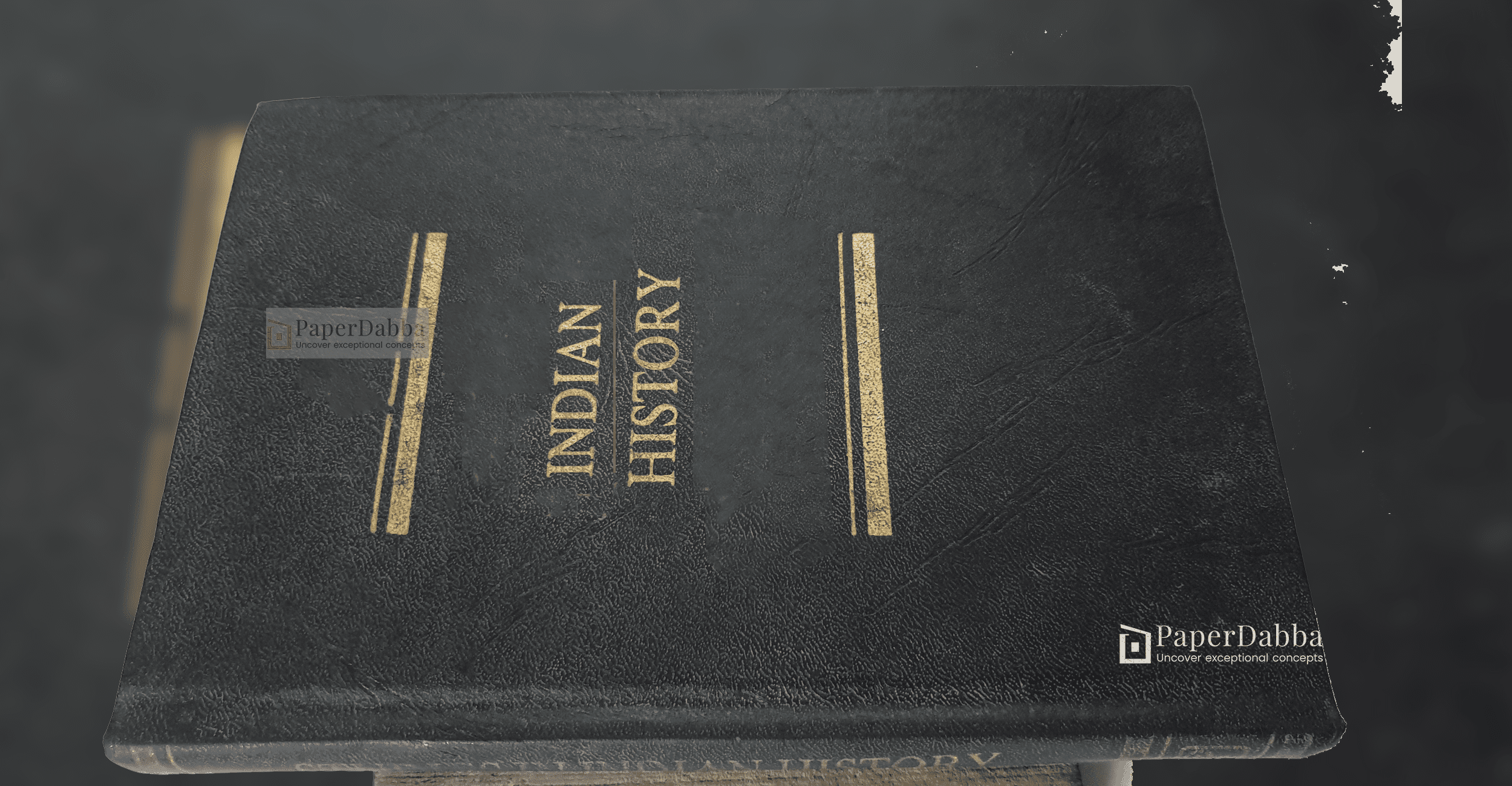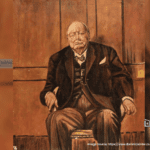The Echoes of “Distorted Indian History”
The narrative of “Distorted Indian History” obscures India’s rich cultural diversity, scientific achievements, and global contributions. This misrepresentation has affected generations through education, and it urgently needs revision. It’s crucial to rectify these distortions to present a more authentic and comprehensive narrative of India’s history. This is a collective quest to reinstate pride in India’s cultural heritage and ensure a more accurate understanding of its past for current and future generations. Each of us has a role to play in this mission by questioning narratives, supporting initiatives for a more accurate history, and sharing knowledge and insights with others.
The Colonial Impact
The lasting impact of British colonialism on India’s educational landscape embeds inherited biases that mold historical storytelling. Post-independence, entrusting the crafting of historical narratives to Marxist historians further solidified these biases, resulting in a skewed portrayal of India’s heritage.
Colonial Residue: Shaping Narratives
British colonialism’s lasting legacy remains interwoven into India’s educational tapestry. It directs the narrative course, casting a shadow over indigenous perspectives and distorting the portrayal of India’s cultural richness. This persistent colonial influence pervades depictions of events, personalities, and historical eras, perpetuating a distorted comprehension of the nation’s past.
Dominance of Colonial Lens
The colonial hangover continues to infiltrate educational narratives, overshadowing indigenous insights and obstructing a holistic view of India’s historical wealth. The diverse perspectives, indigenous knowledge, and nuanced narratives that should diversify India’s educational discourse remain eclipsed by the overbearing colonial perspective, hindering a more balanced and genuine representation of its multifaceted history.
Colonial Biases: Shaping Cultural Discourse
Inherited biases, deeply entrenched by colonial influence, sculpt the lens through which India’s history is perceived. This results in a selective portrayal that neglects indigenous contributions, cultural nuances, and indigenous wisdom, thus distorting the intricate tapestry of India’s heritage.
Unveiling Historical Balance: Embracing Authenticity
The imperative to recalibrate historical narratives is crucial. It necessitates a concerted effort to extricate the colonial biases embedded within educational frameworks and allow for a more inclusive and authentic representation of India’s history.
Rediscovering Indigenous Narratives
Reclaiming indigenous narratives is pivotal in fostering a comprehensive understanding of India’s history. This entails amplifying indigenous perspectives, acknowledging cultural diversity, and highlighting the multifaceted dimensions of India’s heritage.
Addressing Colonial Overshadowing
Countering the overarching colonial lens requires a deliberate shift towards a more nuanced and inclusive portrayal. This entails challenging dominant narratives, integrating indigenous wisdom, and amplifying diverse historical viewpoints, ensuring a more authentic depiction of India’s rich tapestry.
Aryan Invasion Theory: A Deconstructed Tale
An illustrative case in point is the persistence of the Aryan Invasion Theory, birthed during the colonial era and perpetuated within post-independence historical narratives. Despite robust evidence dismantling its credibility, this theory endures within academic textbooks, showcasing a reluctance to embrace factual historical revelations.
The tenacity with which this debunked theory holds its place in educational material underscores a concerning hesitancy to adopt authentic historical truths. The disconcerting reality is that despite the presence of substantiated evidence contradicting its validity, the Aryan Invasion Theory continues to find a steadfast foothold in educational curricula, impeding the integration of accurate historical insights. This unyielding adherence to an invalidated narrative not only hampers a genuine understanding of India’s past but also perpetuates a misleading portrayal that eclipses the rich and diverse tapestry of its history.
Gaps, Omissions, and Marginalized Narratives
Within the historical tapestry presented in educational texts, crucial chapters from regional narratives such as Awadh, the Maratha Empire, Manipur, and beyond face systemic marginalization or complete exclusion. Glorious episodes, like the monumental efforts of the Marathas in reclaiming India, find themselves relegated to the shadows, adding to an incomplete narrative that fails to provide students with a comprehensive understanding of India’s multifaceted history.
These omissions and neglect of regional histories create voids within the educational landscape, depriving learners of insights into the rich cultural, socio-political, and transformative contributions of these regions. The overlooking of pivotal events and movements perpetuates a fragmented narrative, leaving a glaring gap in the portrayal of India’s diverse heritage. The absence of these crucial accounts deprives students of a holistic perspective, hindering their ability to grasp the intricate threads that weave together the fabric of India’s past. Such selective omissions obscure the full spectrum of India’s historical journey, impeding the cultivation of a nuanced and inclusive understanding among learners.
Global Impact: Forgotten Footprints
The significant imprint of India on Southeast Asia, China, Japan, and Central Asia tends to be consistently overlooked within historical narratives. Key facets, such as the profound cultural conquests of the Chola Dynasty, the expansive dissemination of Buddhism, and India’s profound influence on the evolution of kung fu in China, stand relegated to the sidelines, excluded from mainstream accounts.
These omissions mask India’s pivotal role in shaping the cultural, religious, and martial landscapes of these regions. The remarkable endeavors of Indian dynasties and spiritual ideologies in traversing borders and influencing diverse societies find themselves eclipsed by dominant historical discourses. The cultural diffusion and exchanges that fostered a global interconnectedness, notably India’s extensive interactions across borders, are obscured, presenting an incomplete picture of India’s global impact.
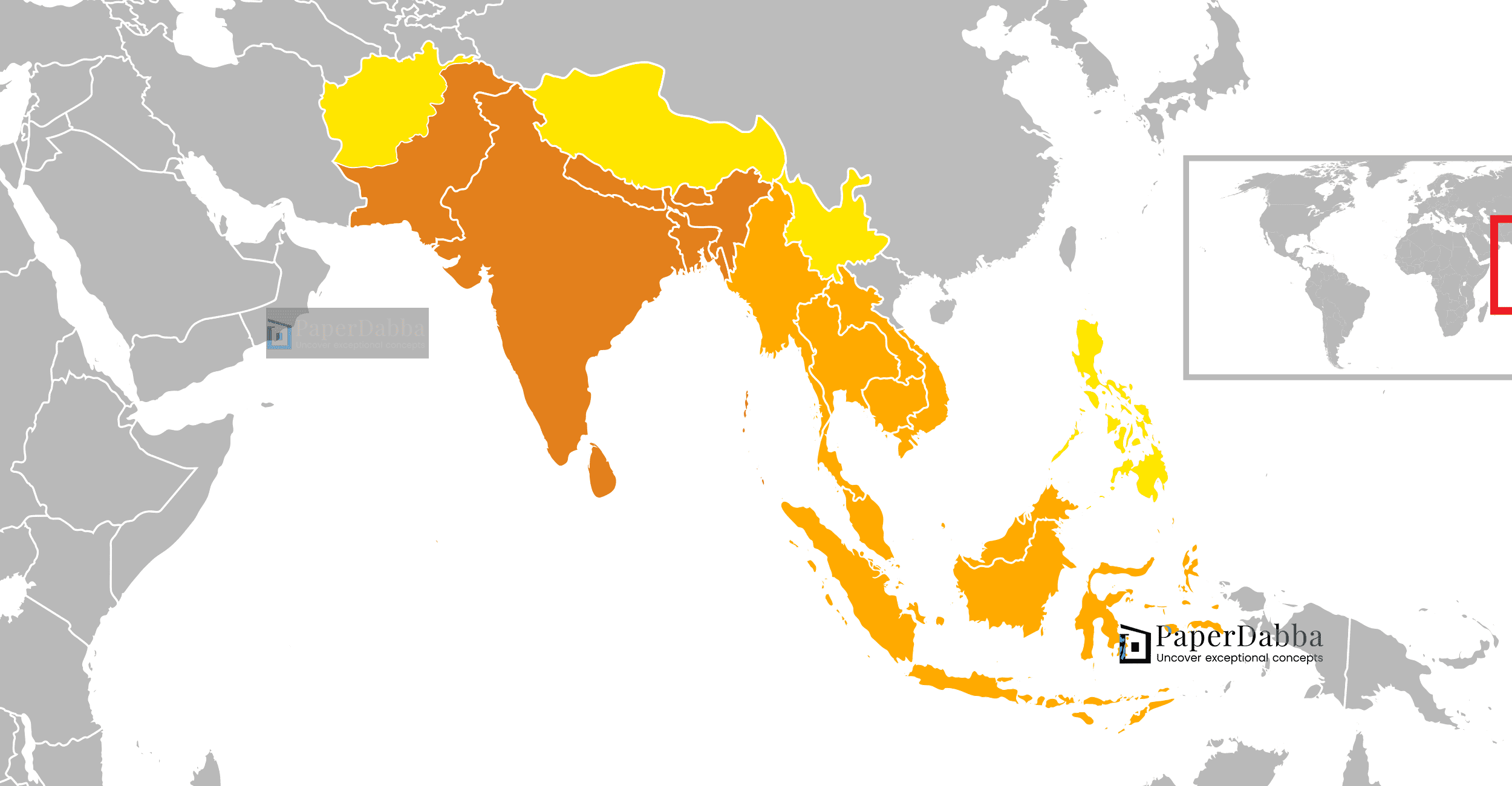
The oversight of these pivotal chapters undermines the recognition of India’s historical footprint beyond its borders, hindering a comprehensive understanding of its profound contributions to the cultural and intellectual tapestry of various nations. Acknowledging and integrating these overlooked narratives is pivotal to unraveling the intricate interplays that define India’s profound global legacy.
Selective Omissions in Islamic Rule
The deliberate exclusion of atrocities committed by Islamic rulers, notably the reign of Aurangzeb, from educational textbooks creates a stark void, offering a skewed portrayal of their governance. This selective omission veils significant aspects of their rule, presenting an incomplete and sanitized view that fails to confront historical realities.
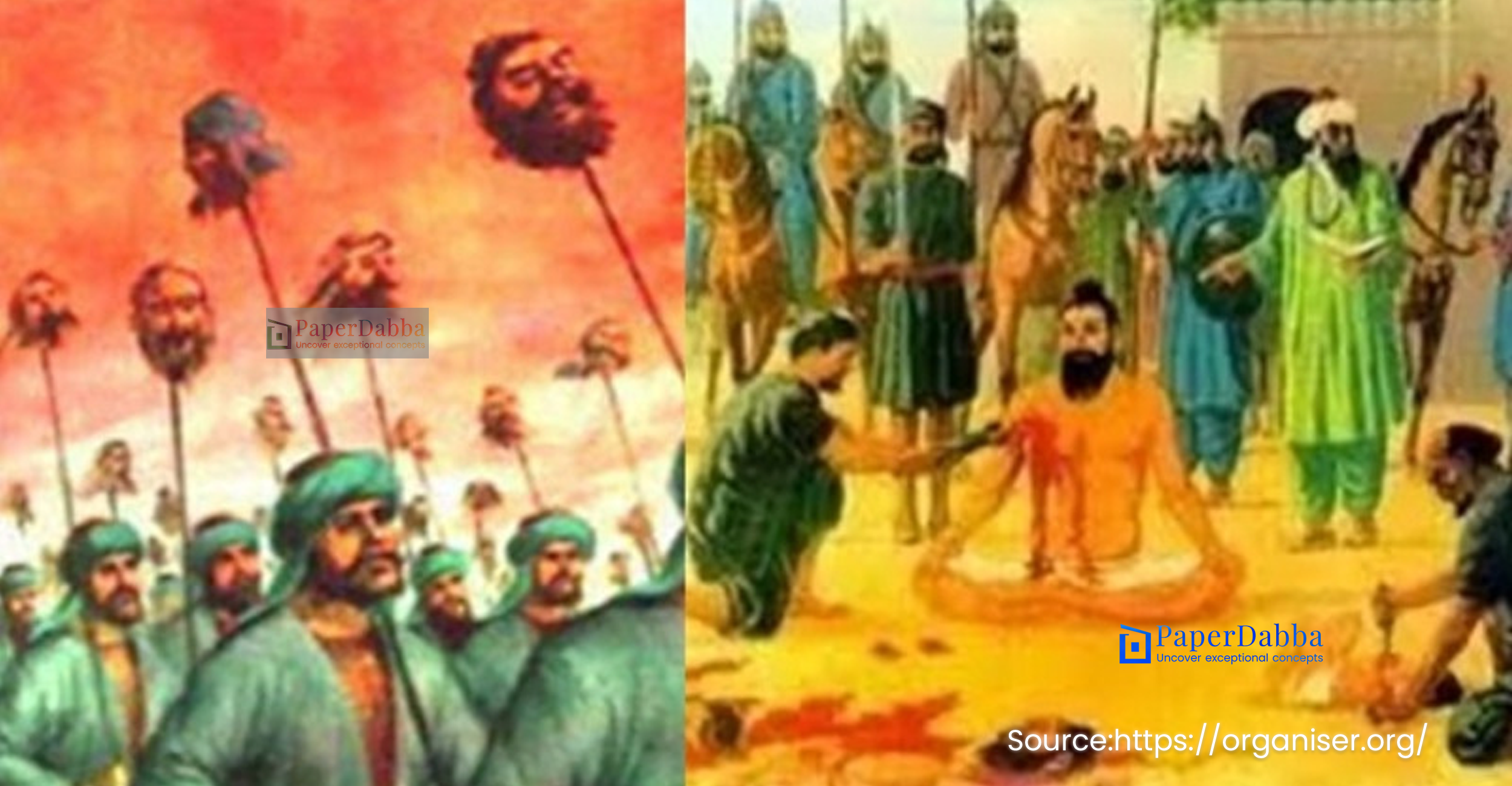
The absence of accounts detailing the brutalities perpetuated during the Islamic rule, including the suppression of narratives concerning the genocidal events in India, perpetuates a distorted and sanitized image. The exclusion of these crucial historical truths obfuscates the lived experiences of countless individuals and communities impacted by these tumultuous periods.
By neglecting to address these egregious episodes, educational materials propagate a sanitized version of history that lacks the depth and integrity necessary for a comprehensive understanding. Fostering a complete and honest portrayal of historical events, including the dark chapters, is imperative in providing students with a nuanced understanding of India’s complex history and the impacts of various ruling powers on its societal fabric.
Churchill’s Shadow: Bengal Famine & Overlooked Realities
The ominous shadow of Winston Churchill’s involvement in the catastrophic Bengal Famine during World War II remains a stark void within historical narratives. This chapter, marked by the loss of millions of lives, bears the weight of deliberate policies that orchestrated artificial famines, casting a haunting silence over the suffering etched into India’s history.
Unveiling the Veiled Tragedy: Churchill’s Role in Bengal Famine
A chapter obscured in historical texts is the influential role of Winston Churchill in the Bengal Famine of 1943. The deliberate diversion of essential resources from India to support the war effort accentuated the region’s vulnerability, leading to a devastating famine exacerbated by administrative neglect and policy failures.
A Tale of Neglect: Concealed Realities
Churchill’s decisions and policies siphoned off food supplies from India, exacerbating an already precarious situation. The deliberate negligence of Indian voices and the imposition of stringent policies, such as diverting food stocks for military purposes, plunged millions into famine, a reality often omitted from mainstream historical accounts.
The Human Cost: Silence and Suffering
The repercussions of Churchill’s policies bore a harrowing toll on the Indian populace. The famine’s devastating impact extended far beyond mere statistics, inflicting profound suffering, widespread starvation, and irreplaceable loss within communities, leaving scars etched in the collective memory of the subcontinent.
Concealing Truth: Omission in Historical Narratives
The glaring absence of Churchill’s culpability in perpetuating the Bengal Famine within historical retellings constitutes an alarming oversight. The deliberate omission of this pivotal chapter obfuscates the truth and undermines the magnitude of suffering endured by millions, painting an incomplete and distorted picture of India’s history.
Rethinking Historical Discourse: Unveiling the Truth
Rectifying this historical oversight demands a recalibration of historical discourse. A comprehensive reevaluation, inclusive of Churchill’s role in exacerbating the Bengal Famine, is imperative for an accurate portrayal of India’s past. It’s a crucial step in acknowledging the painful realities and honoring the memory of those who perished due to policy-induced scarcity.
Reclaiming the Untold Narratives: Honoring Lives Lost
Bringing forth Churchill’s involvement in the Bengal Famine is not an endeavor solely for historical accuracy; it’s a quest to honor the lives lost and the resilience of those who survived amidst adversity. It’s about recognizing the consequences of policies that prioritized wartime needs at the expense of human lives. It is the time for us to mention all these atrocities in our History and raise our voice against Distorted Indian History.
Acknowledging Accountability: A Step Towards Healing
Acknowledging historical accountability paves the way for healing historical wounds. Embracing this truth fosters a more empathetic understanding of historical events, cultivates a sense of responsibility, and ensures that the voices and sufferings of those affected by such tragedies are not relegated to oblivion.
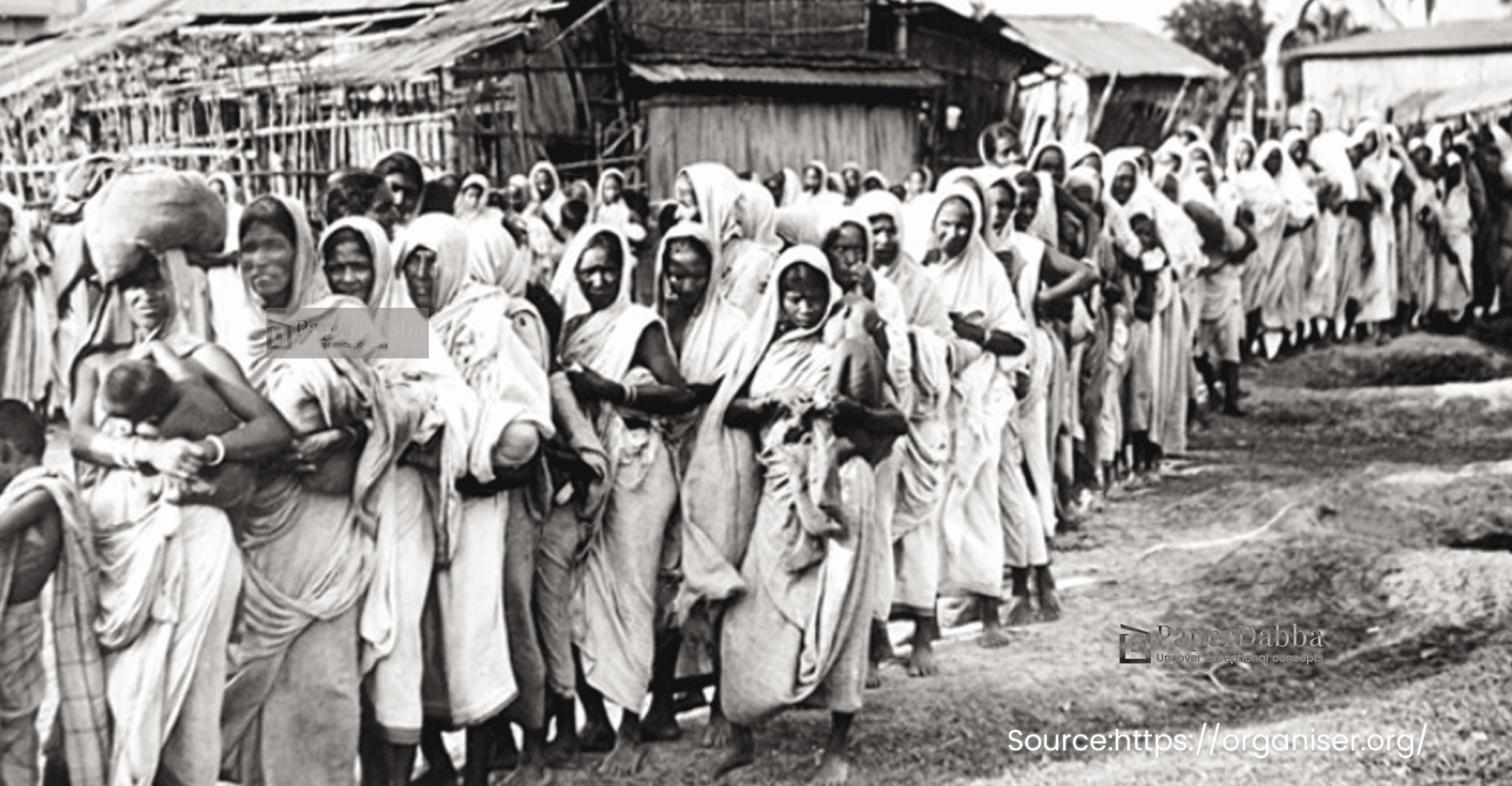
The sidelining of this critical episode diminishes the understanding of the socio-economic upheaval and humanitarian crisis triggered by policies that prioritized geopolitical strategies over human lives. The intentional neglect of these realities skews the portrayal of historical events, hindering a comprehensive comprehension of the complexities and repercussions of Churchill’s actions during this distressing period in India’s history.
Contributions Unrecognized: A Journey Through India’s Scientific Marvels
Delving into the annals of India’s mathematical legacy reveals a tapestry woven with ingenuity and unparalleled brilliance. Ancient Indian mathematicians, revered for their astute intellect and scholarly rigor, devised revolutionary concepts that resonate through the corridors of time, these Marvels are mentioned in a biased manner in our Distorted Indian History.
The Pre-Newtonian Leap: Calculus Unveiled
At the forefront stands the pre-Newtonian understanding of calculus, a feat achieved centuries before Newton’s epochal revelations. Indian mathematicians, notably Madhava of Sangamagrama and his Kerala school, pioneered infinite series expansions, differential calculus, and foundational concepts akin to modern calculus.
The Arcane Treatises: Mathematical Texts and Treatments
Across epochs, Indian mathematical treatises like the “Bakhshali Manuscript,” dating back to the 3rd century CE, and Aryabhata’s “Aryabhatiya” demonstrated sophisticated mathematical methods. These manuscripts, encapsulating principles of arithmetic, algebra, and geometry, were instrumental in shaping mathematical discourse globally.
Algebraic Ingenuity: Pioneering Concepts
India’s prowess in algebraic discoveries, ranging from Brahmagupta’s formulation of algebraic rules to Bhaskara II’s advancements in solving quadratic equations, signifies a profound understanding of abstract mathematical concepts that transcended geographical boundaries.
Geometry and Beyond: Architecting Mathematical Principles
Indian mathematicians further enriched the domain of geometry with contributions from scholars like Aryabhata, who expounded on trigonometry, paving the way for astronomical calculations and geometric propositions.
Illuminating the Shadows: Reclaiming Recognition
Despite this rich mathematical heritage, India’s contributions often languish in obscurity. The oversight within educational narratives perpetuates a narrative that eclipses India’s foundational role in shaping mathematical thought.
The Veil of Neglect: Educational Disparities
Within educational curricula, the profound contributions of Indian mathematicians remain relegated to footnotes, failing to receive the deserved prominence in our Distorted Indian History.. The lack of comprehensive acknowledgment within academic discourse hampers a holistic understanding of the evolution of mathematical principles.
Bridging the Divide: Rethinking Pedagogy
Rectifying this oversight demands a comprehensive reevaluation of pedagogical approaches. A revised curriculum that amplifies India’s mathematical legacy, integrating these historical milestones into educational frameworks, would provide students with a more comprehensive and accurate portrayal of mathematical evolution.
Rediscovering Pride: Embracing Heritage
Empowering students with a profound understanding of India’s mathematical heritage instills a sense of pride and reverence for the country’s intellectual legacy. It fosters an inclusive narrative that celebrates diversity in mathematical thought and acknowledges India’s pivotal role in shaping global mathematical principles. Instead our Distorted Indian History, praise the western scientists and the narratives are very undermining.
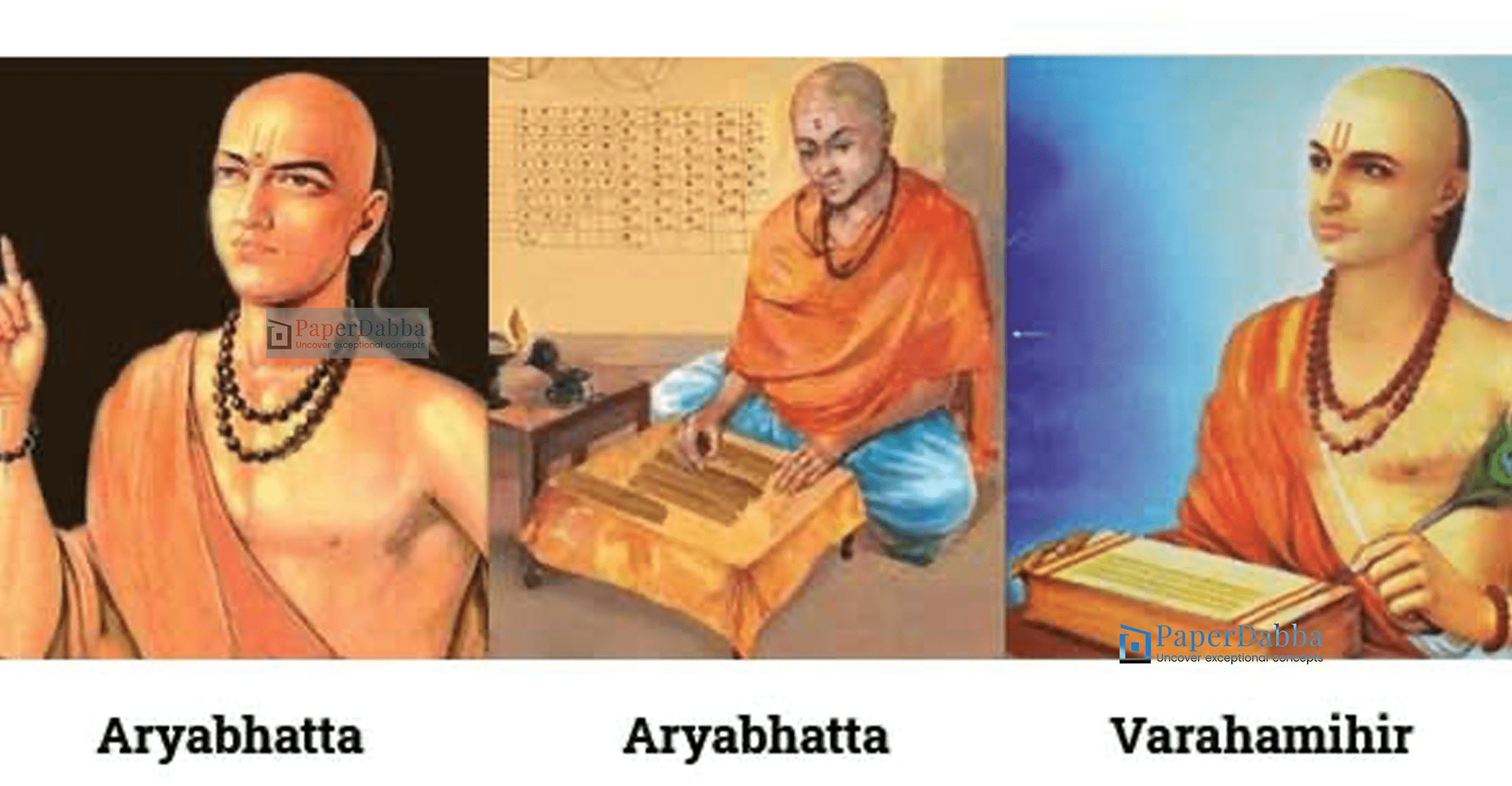
Resonating Legacies and Unveiled Brilliance
The imprint of British colonialism persists in shaping India’s educational narrative, dictating historical depictions and obstructing an authentic representation of its heritage. Embracing a redefined narrative—one that amplifies indigenous wisdom and diverse perspectives—is instrumental in charting a more accurate and inclusive path towards understanding India’s rich historical legacy.
This shift towards a more balanced portrayal is not just an academic pursuit; it’s a testament to reclaiming narratives, honoring indigenous voices, and acknowledging the depth and diversity of India’s historical journey. It’s a call to reevaluate and recalibrate, ensuring that future generations embrace a more authentic and inclusive understanding of India’s multifaceted past.
Churchill’s involvement in the Bengal Famine serves as a stark reminder of the impact of policy decisions on human lives. Unveiling this obscured chapter is an act of remembrance, a dedication to those who endured the horrors of policy-induced famine, and a commitment to an honest and comprehensive understanding of India’s history.
Revisiting this obscured narrative is not merely an academic exercise; it’s a moral imperative. It’s an assertion that history must not be whitewashed but rather illuminated, ensuring that the tragedies and sacrifices of the past are not buried in silence but commemorated with the reverence they deserve.
India’s mathematical and scientific contributions stand as testament to the brilliance of its scholars, transcending temporal confines. It’s imperative to peel away the layers of neglect, reclaim recognition, and integrate these foundational contributions into the tapestry of global mathematical discourse.
Revisiting India’s mathematical marvels isn’t just a quest for historical accuracy; it’s an endeavor to acknowledge the intellectual prowess that reverberates across mathematical landscapes worldwide. By reclaiming these obscured narratives, we honor the enduring legacy of India’s mathematical luminaries, paving the path for a more inclusive and comprehensive understanding of humanity’s intellectual journey.
The urgency for an unbiased rewrite of India’s history textbooks cannot be overstated. Breaking free from Hinduphobic biases, acknowledging historical truths, and illuminating India’s cultural significance on the global stage is essential. Empowering the younger generation with an accurate portrayal of history will foster pride in their heritage and nurture a comprehensive understanding of India’s invaluable contributions to the world.




